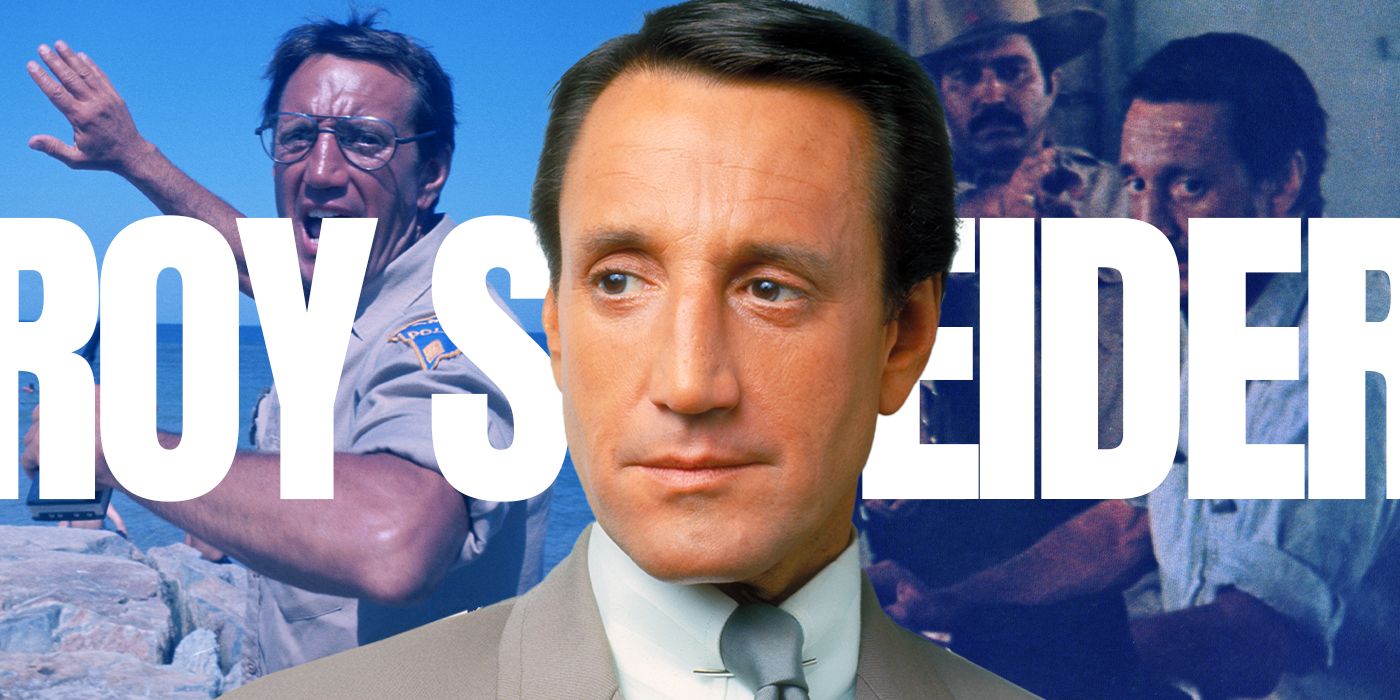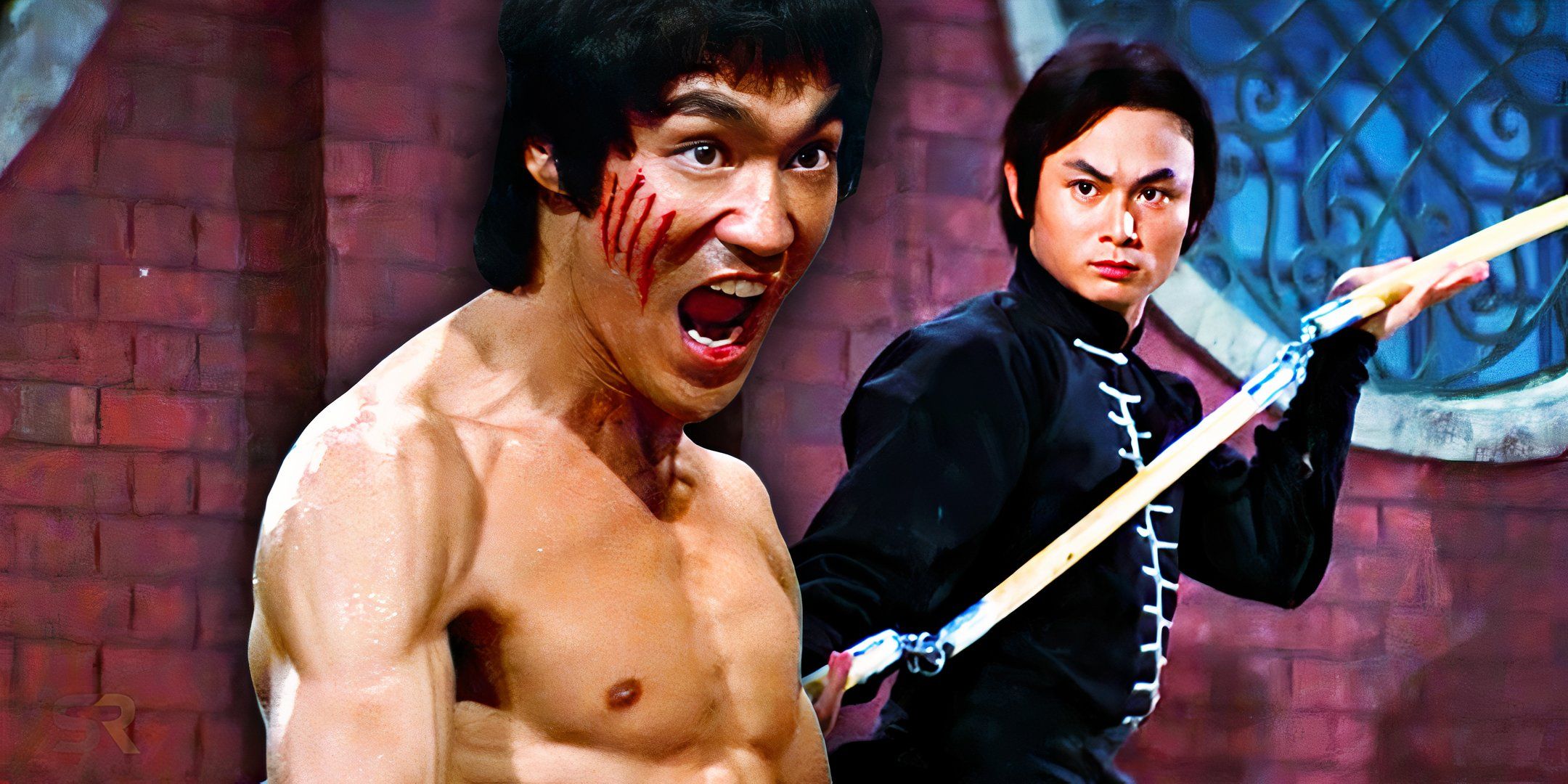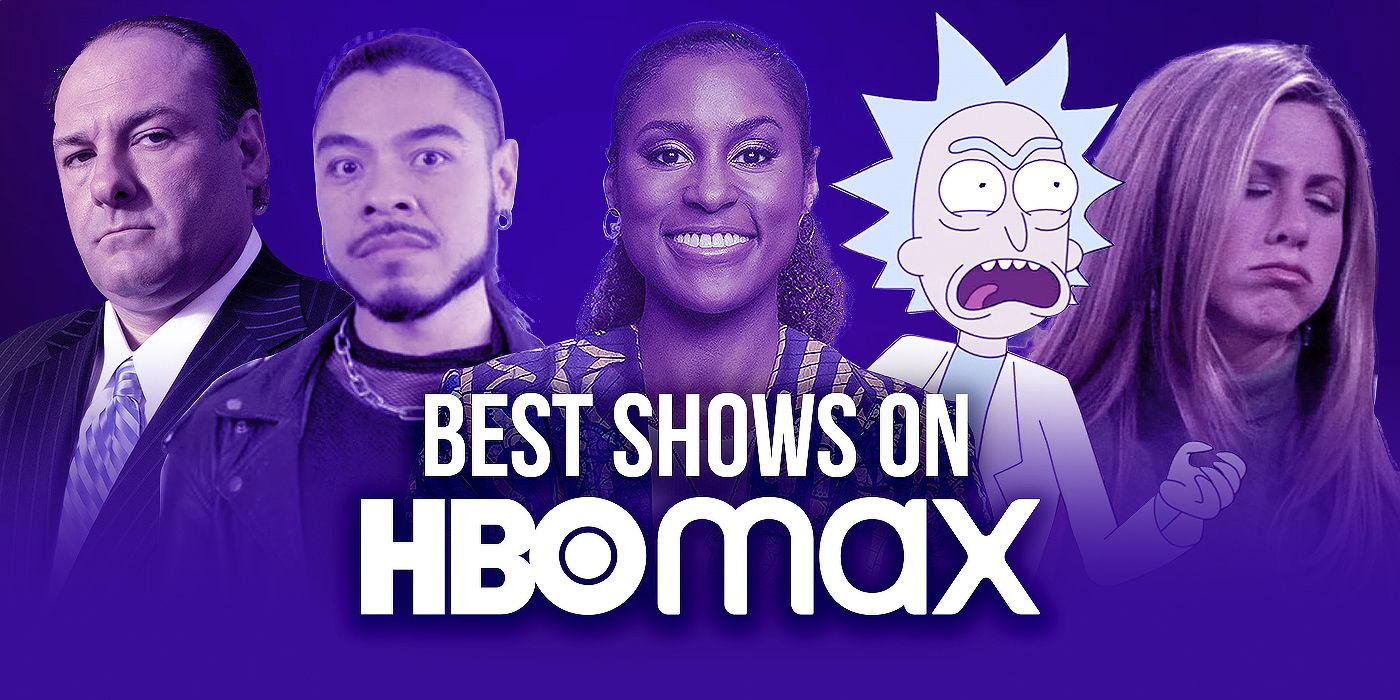Over his more than 35-year career as a filmmaker, director David Fincher’s name has been attached to many projects that later changed hands or otherwise never came to fruition. The list, which includes two sequels to “The Girl With the Dragon Tattoo,” an adaptation of Arthur C. Clarke’s “Rendezvous With Rama” and a sequel to “World War Z,” is a testament to both how eclectic his choices are and how in demand he’s been in Hollywood. But during a recent interview on behalf of the upcoming 4K re-release of his breakthrough film “Seven,” Fincher revealed one franchise for which he was considered that didn’t move forward after he pitched his take on the material: “Harry Potter.”
“I was asked to come in and talk to them about how I would do ‘Harry Potter,’” Fincher told Variety. “I remember saying, ‘I just don’t want to do the clean Hollywood version of it. I want to do something that looks a lot more like ‘Withnail and I,’ and I want it to be kind of creepy.’” He said Warner Bros. had something more traditional in mind for their series of adaptations of author J.K. Rowling’s best-selling young adult books about the eponymous wizard. “They were like, ‘We want Thom Browne schooldays by way of ‘Oliver’.’”
Among the upcoming projects he’s associated with that are in development, Fincher is supposedly working on an American adaptation of Netflix’s explosively popular Korean series “Squid Game,” as well as a miniseries prequel to “Chinatown” that he co-wrote with the film’s late screenwriter, Robert Towne. Discussing what draws him to new projects, he reflected on what appealed to him about past ones, several of which (“Dragon Tattoo,” “Gone Girl”) were based on material that had a pre-existing popularity.
“Is there a built-in audience? That’s somebody else’s job,” he insists. “Those books get sold to movie studios when it’s shown that there’s a built-in audience, so I’m usually coming into the food chain after it’s been decided that this is something tasty. I was interested in ‘Gone Girl’ in spite of the fact that it was a bestseller… I liked the idea of punishment for our narcissistic leanings as it relates to finding a mate.”
He continued, “With ‘Dragon Tattoo,’ I’m much more fond of ‘Chinatown’ and the shoe leather in that than I am in any hacker thing. But I loved this broken girl who’s given a chance to do research with this guy that she’s not quite so sure about. And I don’t even know that he’s kind to her; I think he just treats her the way you want to be treated, and for her, this is so revelatory. And if you’ve ever been to Sweden, you’re talking about a country about the size of California with the population of L.A. County. There’s a lot of room in them thar hills for serial killers and for dumping bodies. And I loved the idea of really, truly getting winter across in an investigation.”
About “The Social Network,” Fincher called it “just a script that you couldn’t put down.” He had a more personal connection to “Zodiac,” his 2007 chronicle of the 35-year investigation into the Zodiac killings. “[The Zodiac killer] was a boogeyman when I was a 7-year-old, and I was kind of going through the process the main character was going through — what happened? I felt kindred to that. ‘Benjamin Button,’ I loved the idea of a romance with that kind of body count,” he added, laughing. “There’s different things about every movie.”
Fincher underscored that regardless of its origins (or commercial potential), each project sparks from a unique combination of personal interest and professional opportunity. “There are different things about stories that resonate with you based on movies you love and the kind of movies that you made,” he said. “So I don’t know how I choose things to be involved with, but you get a hankering where you go, ‘I’d like to see this, and I’d like to see it done this way.’”
“I like the idea that you can kind of pick and choose where you’re going to spend your efforts — what you’re going to underline, and what you’re going to blur.”









 English (US) ·
English (US) ·